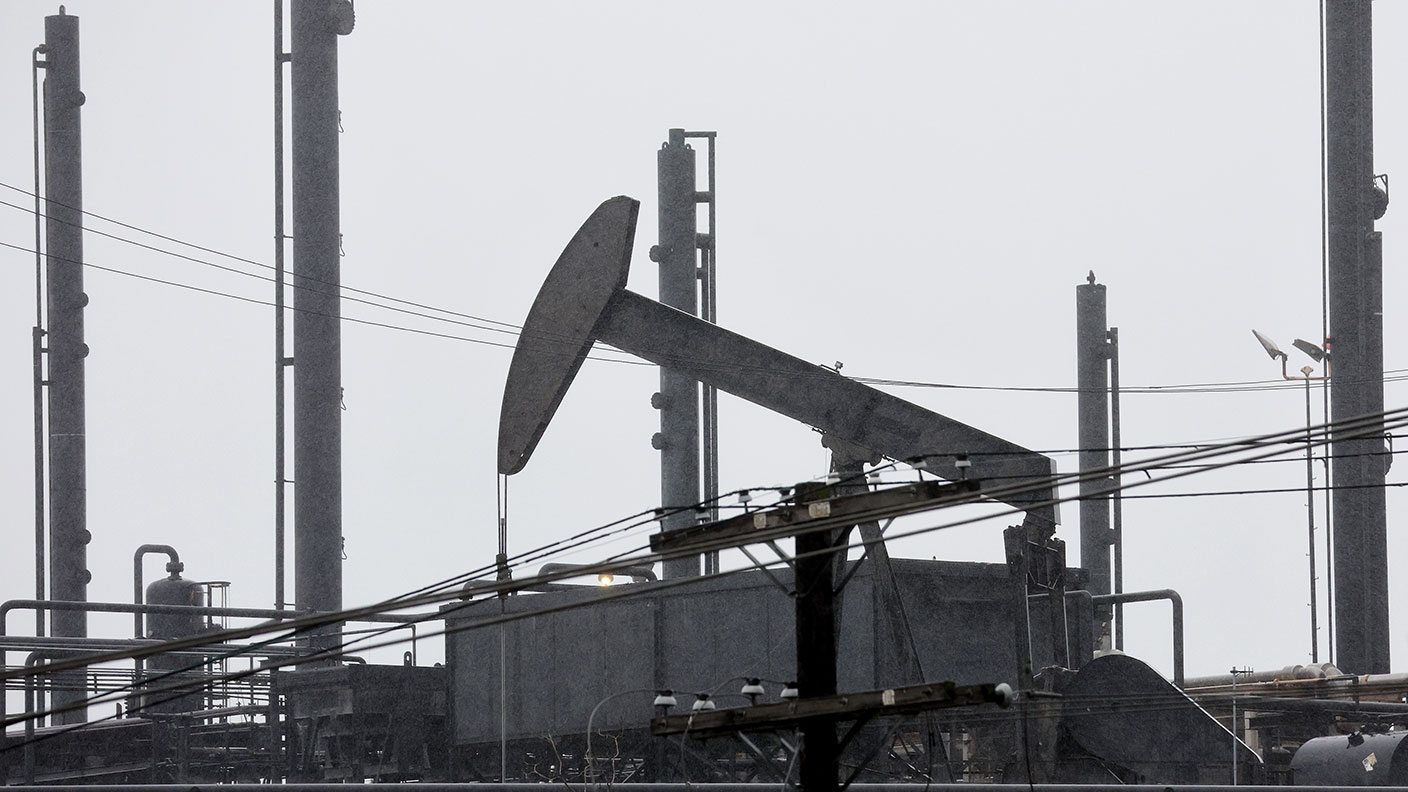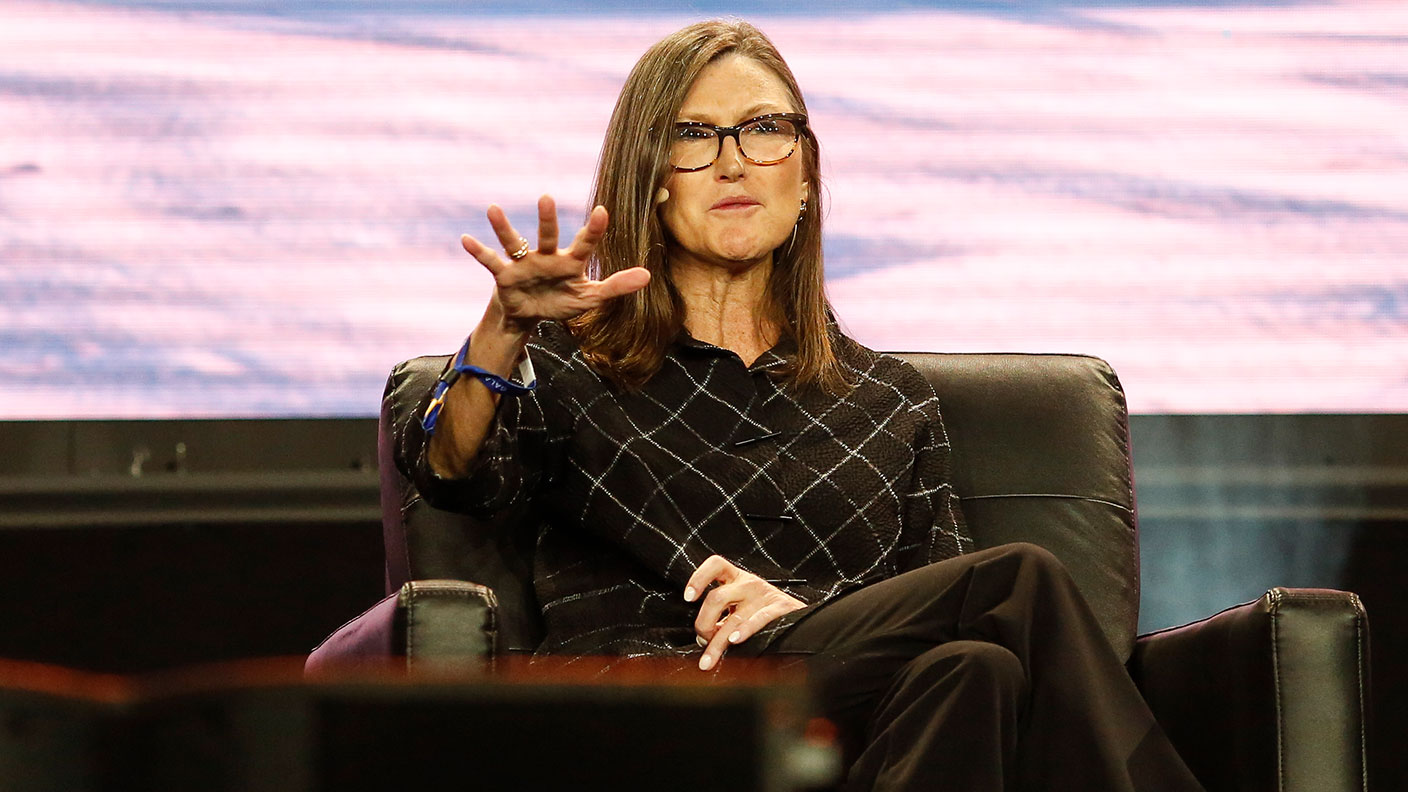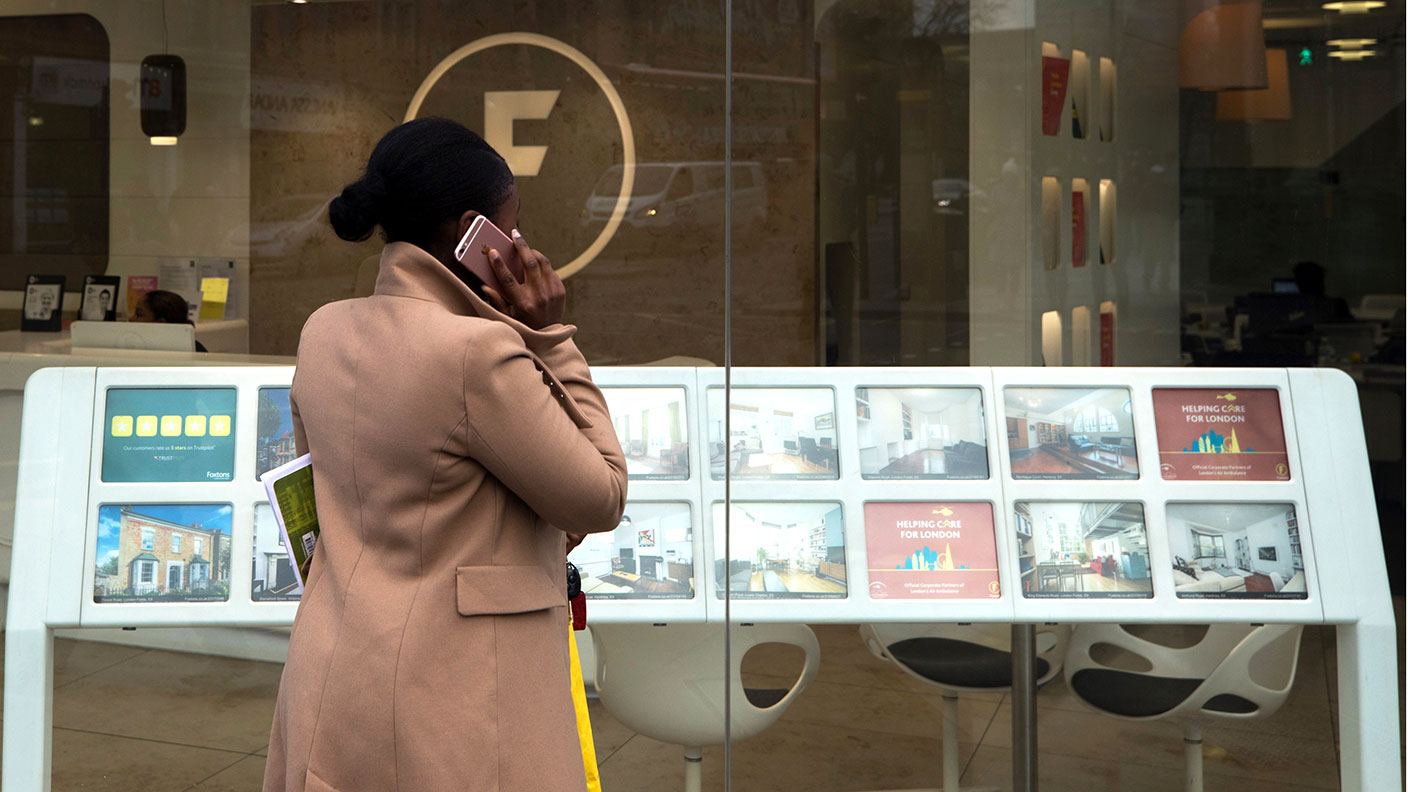The Saudi Aramco IPO could mark the bottom for oil
Big flotations or mergers often mark the top of a market. But the Saudi Aramco IPO could mark a bottom. And that spells opportunity, says John Stepek.

Get the latest financial news, insights and expert analysis from our award-winning MoneyWeek team, to help you understand what really matters when it comes to your finances.
You are now subscribed
Your newsletter sign-up was successful
Want to add more newsletters?

Twice daily
MoneyWeek
Get the latest financial news, insights and expert analysis from our award-winning MoneyWeek team, to help you understand what really matters when it comes to your finances.

Four times a week
Look After My Bills
Sign up to our free money-saving newsletter, filled with the latest news and expert advice to help you find the best tips and deals for managing your bills. Start saving today!

Before I get started, some exciting news about the MoneyWeek Wealth Summit. I found out over the weekend that we've now got none other than MEP Daniel Hannan joining us!
He'll be discussing politics and investment with Merryn, Gillian Tett of the FT, and James Ferguson of the MacroStrategy Partnership.
It's all taking place less than a month before one of the most important general elections of our lifetimes you can't afford to miss it. Get your ticket now they're selling fast.
MoneyWeek
Subscribe to MoneyWeek today and get your first six magazine issues absolutely FREE

Sign up to Money Morning
Don't miss the latest investment and personal finances news, market analysis, plus money-saving tips with our free twice-daily newsletter
Don't miss the latest investment and personal finances news, market analysis, plus money-saving tips with our free twice-daily newsletter
The world's biggest oil and gas company is about to go public.
Saudi Aramco's long-awaited (or at least, long-delayed) IPO is finally happening.
Yesterday, officials said the IPO will go ahead. The prospectus is released later this week, and the company will list in December.
So what does this tell us about wider markets?
What the Saudi Aramco listing tells us about market today
Regular readers will know that I think IPOs (and mergers and acquisitions) are an investment sentiment indicator that you should keep a very close eye on. Some of you might even think I'm obsessed with it. But I feel my basic logic is sound.
If an unusually big company wants to go to market, and the market is willing to welcome it with open arms, it says something about the environment. For example, when the world's biggest commodities trader, Glencore, managed to go public in 2011, it said something important about enthusiasm for commodities it marked the top of that particular bubble.
Similarly, if two big companies want to merge, or one buy the other, that says something else. For example, when Royal Bank of Scotland and Barclays fought over ABN Amro in 2007, it said something about the banking bubble. And when AOL merged with Time Warner in 2000, it said something about the tech bubble.
The point is, you can only get a big IPO or a big deal done when the market is exuberant enough to pay for it, or to back it. That's why massive, headline-grabbing deals and IPOs are such a solid "top" indicator.
But what does the Saudi Aramco IPO tell us? How do we interpret this one?
Aramco is the world's biggest, most profitable oil producer. It pumps out one in eight of the world's oil barrels. If we were in the midst of an oil bubble let's say it was still late 2010, for example then demand would be through the roof.
The thing is though, we're not. This IPO is unusual. It is not driven by a clamour from public markets to invest in oil and gas companies. There is no oil bubble today indeed, there's almost the opposite. Resources companies are trading at their lowest ebb in decades, relative to the rest of the market.
Instead, this IPO is driven by the Saudis being keen to offload what they view as a depreciating asset to raise funds for its sovereign wealth fund to invest elsewhere. In effect, Saudi Arabia wants to swap a reliance on oil for a slightly vague high-tech future.
This is perhaps best exemplified by Saudi Arabia's heavy backing of Japanese group SoftBank's Vision Fund. About half of the $97bn invested in the Vision Fund came from the Saudi sovereign wealth fund, as the FT reports.
In other words, you could argue that the Saudis are flogging off Aramco to invest in WeWork. They're swapping "value" for "growth". You may have a view on the wisdom of that, but we can set that aside for another time.
This is an IPO borne of desperation
It's worth pointing something else out: Aramco is hoping for a valuation of as much as $2trn when it lists. That sounds huge. However, there's a great big caveat to that.
It looks as though just 3% of the company is going to be sold off. And it's going to be listed on the Tadawul, the domestic stock exchange in Saudi Arabia. The hope there would be to raise $60bn, which would deliver the desired valuation.
The thing is, if they're listing it locally, there are a lot of billionaires around who can be encouraged, gently, to demonstrate their loyalty and to make sure that the IPO gets the sort of support it deserves.
Meanwhile, despite scepticism from foreign investors, you'd expect the sorts of investment banks who turned up to "Davos in the desert" to be more than happy to funnel some money the Saudis' way in the hope of getting future business.
And of course, the IPO could still be pulled if there's a lack of support.
So, let's boil this down.
The biggest oil producer in the world is so keen to offload its oil production capacity, that it is now willing to accept a vastly downgraded IPO in exchange for simply making a start on the process of ridding itself of an asset that if fears will soon turn into a liability.
To me, that sounds more like a bottom than a top. To me, that sounds like a sign that sentiment towards the long-term future for the oil sector specifically is close to being as bad as it's going to get.
To me, that spells opportunity in oil. We'll be writing more about this in MoneyWeek magazine (subscribe here), but long story short, hang on to your oil stocks now is not the time to sell.
Get the latest financial news, insights and expert analysis from our award-winning MoneyWeek team, to help you understand what really matters when it comes to your finances.

-
 Should you buy an active ETF?
Should you buy an active ETF?ETFs are often mischaracterised as passive products, but they can be a convenient way to add active management to your portfolio
-
 Power up your pension before 5 April – easy ways to save before the tax year end
Power up your pension before 5 April – easy ways to save before the tax year endWith the end of the tax year looming, pension savers currently have a window to review and maximise what’s going into their retirement funds – we look at how
-
 Are UK house prices set to fall? It’s not so simple
Are UK house prices set to fall? It’s not so simpleAnalysis Figures suggest UK house prices are starting to slide, but we shouldn’t take these numbers at face value, explains Rupert Hargreaves.
-
 Tesco looks well-placed to ride out the cost of living crisis – investors take note
Tesco looks well-placed to ride out the cost of living crisis – investors take noteAnalysis Surging inflation is bad news for retailers. But supermarket giant Tesco looks better placed to cope than most, says Rupert Hargreaves.
-
 It may not look like it, but the UK housing market is cooling off
It may not look like it, but the UK housing market is cooling offAnalysis Recent house price statistics show UK house prices rising. But John Stepek explains why the market is in fact slowing down and what this means for you.
-
 Think the oil price is high now? You ain’t seen nothing yet
Think the oil price is high now? You ain’t seen nothing yetAnalysis The oil price has been on a tear in recent months. Dominic Frisby explains why oil in fact is still very cheap relative to other assets.
-
 What can markets tell us about the economy and geopolitics?
What can markets tell us about the economy and geopolitics?Sponsored Markets have remained resilient despite Russia's war with Ukraine. Max King rounds up how reliable the stockmarket is in predicting economic outlooks.
-
 The tech bubble has burst – but I still want a Peloton
The tech bubble has burst – but I still want a PelotonAnalysis Peloton was one of the big winners from the Covid tech boom. But it's fallen over 90% as the tech stock bubble bursts and and everything else falls in tandem. Here, Dominic Frisby explains where to hide as markets crash.
-
 The market is adjusting to a new “short dreams, long reality” world
The market is adjusting to a new “short dreams, long reality” worldAnalysis As interest rates rise, things are starting to change, says John Stepek. Reality is biting back. Gone are the fanciful ideas built on hope – a business now needs a solid foundation.
-
 Are UK house prices heading for a fall?
Are UK house prices heading for a fall?Analysis UK house-price growth is slowing as interest rates rise. But interest rates aren’t all that matters for house prices, says John Stepek.